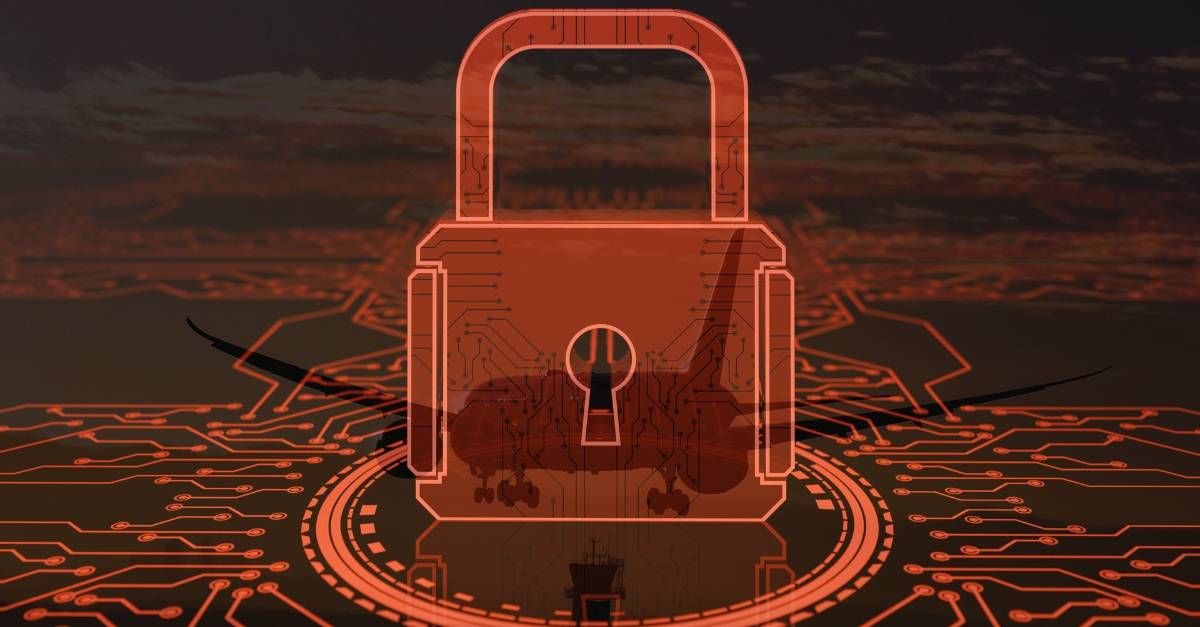


The aviation world is impressive with its modern technology. Every day, numerous planes fly people safely around the world. However, as the industry advances and offers better online services, it also faces cyber risks. Nowadays, most interactions between airlines and passengers happen online, where people check flights, book tickets, and arrange their trips. While these online platforms are handy, they can also be vulnerable to cyber attacks.
The aviation industry faces various cyber threats that keep changing. These can include identity theft, stealing money, and accessing private data. An attack on one part can affect the whole industry. Hackers might try to get details like passport or credit card info from online platforms. Misusing this data can lead to crimes, and such breaches can hurt airline’s reputation and cost lots of money.
Cyber risk coverage aims to prevent various threats:
– Broadcasting Inappropriate Content: Highly critical to prevent unauthorized content dissemination.
– Sniffing and Hijacking Devices: Critical to protect passenger devices from being compromised.
– Stealing Passenger Data: Critical to prevent the theft of sensitive passenger information.
– Switching Off the In-Flight Entertainment Platform: While less critical, it’s important to ensure continuous service.
Given the scale of these risks, it’s imperative that airlines and other industry stakeholders take proactive measures to safeguard their systems and protect their passengers. Here are several steps that can be taken to bolster cyber security in passenger portals:
For IFEC suppliers:
1- Strengthen Cyber Security for Suppliers: Ensure suppliers are at least sensitive to ISO 27001 or SOC2 standards.
2- Flexible Platform: Ensure your supplier has a flexible platform to process fast-track updates as needed.
3 – Regular Security Testing: Ensure your IFE supplier conducts regular security checks and simulated attacks to find and fix vulnerabilities immediately.
As the aviation industry becomes increasingly digital, the need to secure its cyber space becomes even more paramount. Airlines, in partnership with technology providers and cybersecurity experts, must ensure they are doing everything they can to protect their passenger portals from cyber threats. By adopting a proactive and robust approach to cyber security, we can secure our skies and protect passengers around the world.
In the dynamic and interconnected realm of the aviation industry, protecting passengers from cyber risks requires a multifaceted and collaborative effort. By implementing comprehensive cybersecurity measures, the industry can not only secure its digital infrastructure but also uphold the trust and confidence of passengers in the face of evolving cyber threats. Balancing technological advancements with robust security protocols is imperative for a resilient and secure aviation ecosystem.
TRAVELER’S MICRO-MOMENTS Home Capturing the Traveler's Micro-Moments 26 April 2022 microMoments, Technology, traveler Time Is No Longer Measured in Days,…
IFE TO THE RESCUE Home WHEN IFE COMES TO THE RESCUE OF FLIGHT ATTENDANTS! 25 June 2022 Digital Services, IFE,…
Digital AD: IVT-FREE Zone Home DIGITAL INFLIGHT ADVERTISING: AN IVT-FREE ZONE 20 May 2022 Advertising, IVTFREE, Technology In late 2015,…